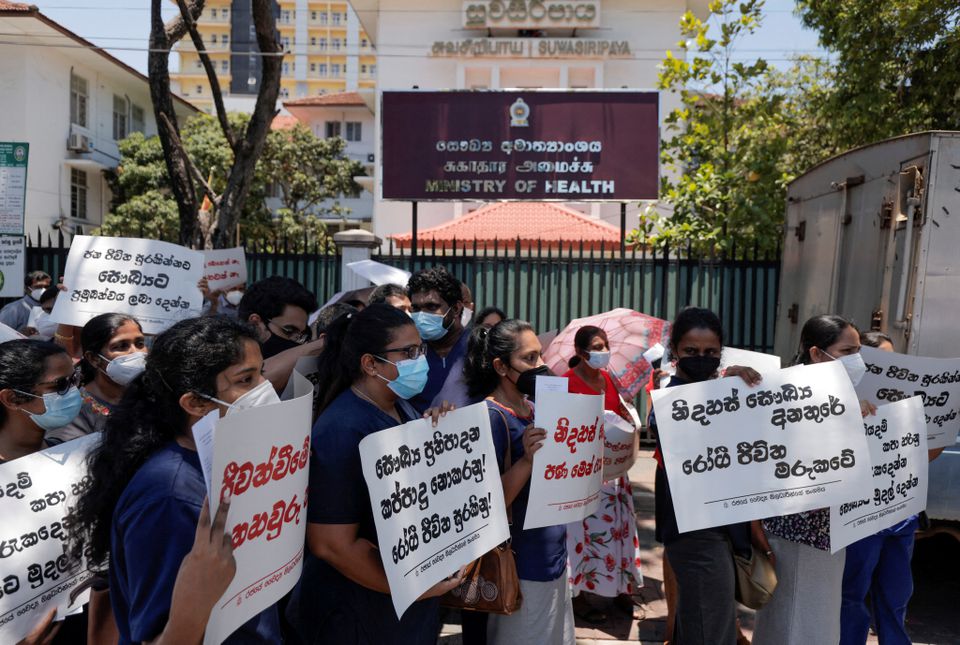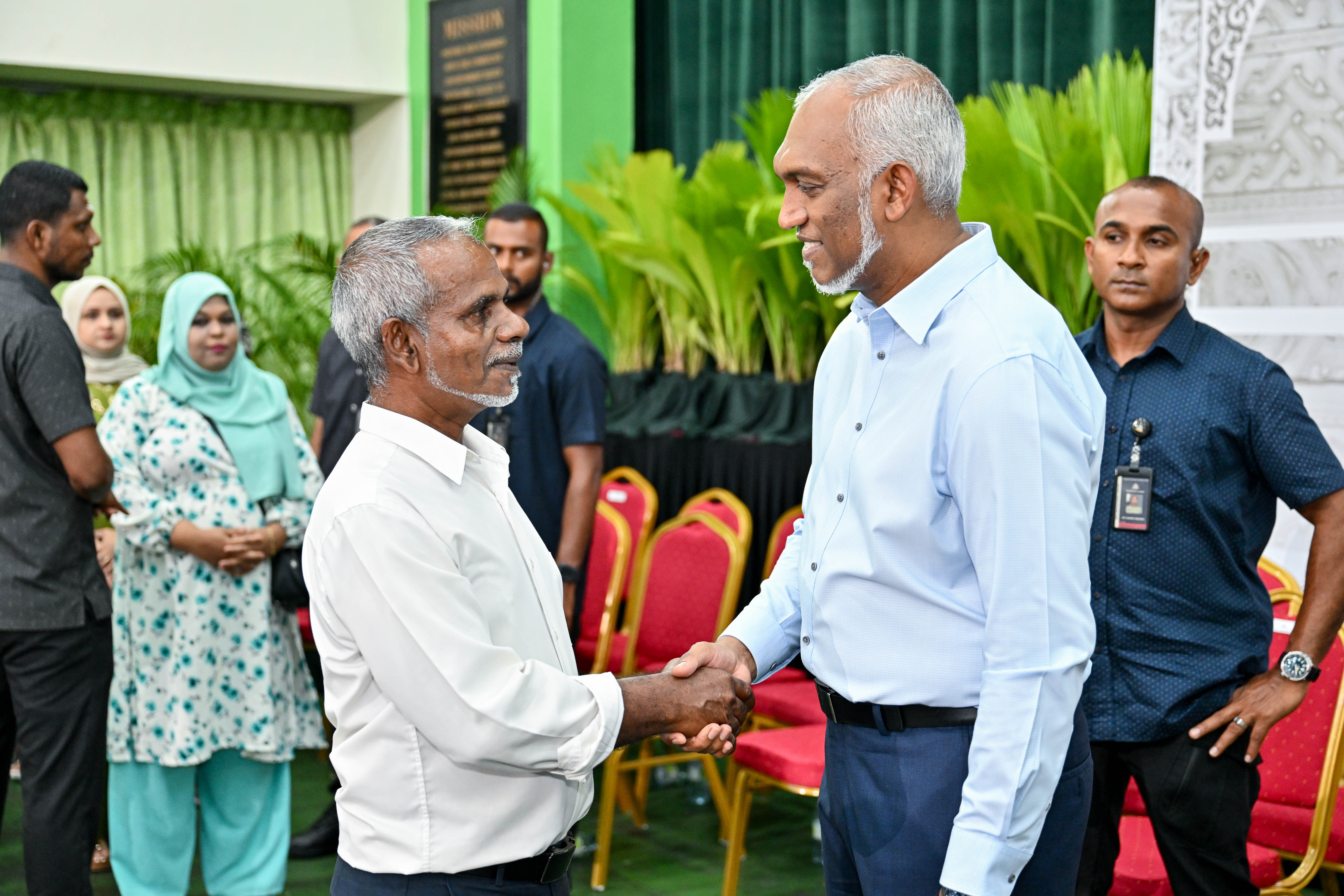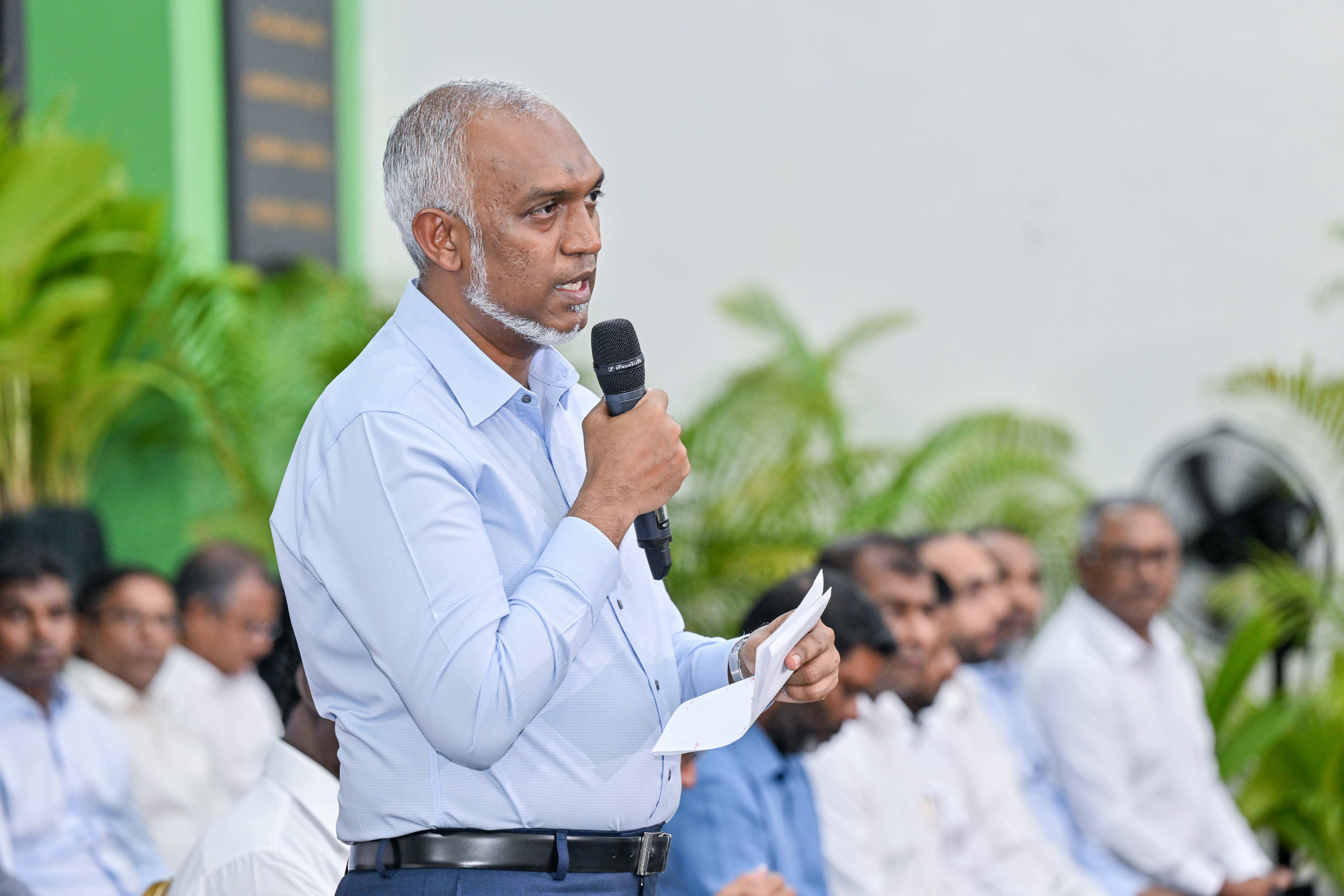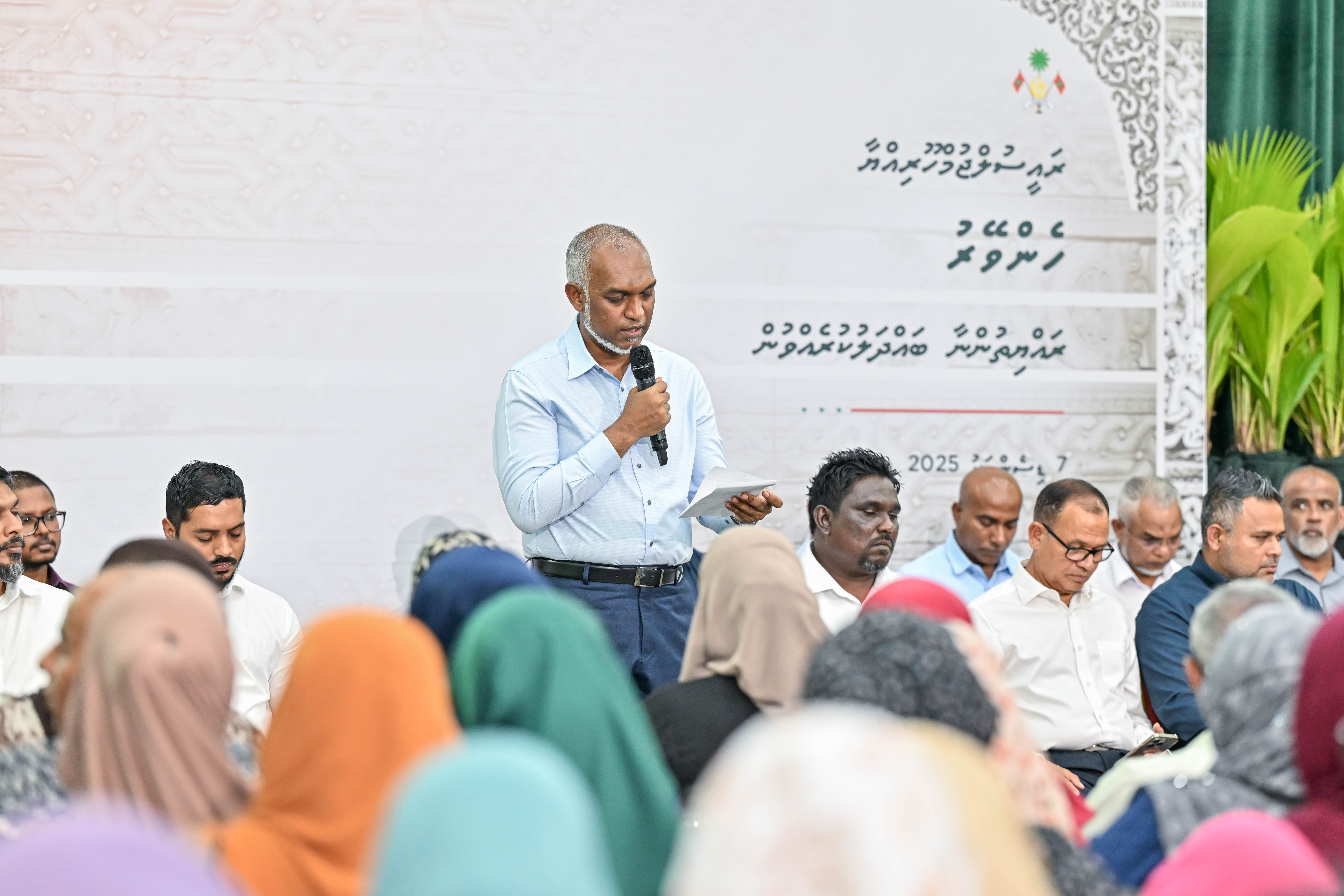Sri Lanka’s financial crisis, its worst since independence, is swiftly becoming an alarming health crisis, and exposing patients to unprecedented vulnerabilities, as doctors warn that they are running out of vital medical supplies and medicines.
Sri Lanka imports more than 80 percent of its medical supplies, but with foreign currency reserves running out due to the crisis, hospitals are facing worsening shortages and a reliance on foreign donors.
Wasana, a 16-year-old kidney transplant recipient in Sri Lanka, relies on vital medicine to prevent transplant rejection.
But as Sri Lanka’s public health system bears the brunt of the country’s worst economic crisis in memory, Wasana’s family now faces the dual challenge of sourcing new tablets and finding the money to pay for them.
“We can’t give it to her,” Wasana’s older sister, Ishara Thilini, told Arab News. “In the areas, we live in we don’t even have that medicine.”
Most hospitals in Sri Lanka are struggling to provide the universal healthcare that the country was once lauded for, leading to patients like Wasana having to find essential medication elsewhere.
“We are hanging on. But there will be a limit to how long we can do that,” Thilini said.
The country defaulted on its $51 billion foreign debt for the first time in history last month, as inflation rose to a record high of 39.1 percent. The island nation of 22 million is suffering from shortages of essentials, including food, fuel, and drugs.
Sri Lanka imports more than 80 percent of its medical supplies, but with foreign currency reserves running out due to the crisis, hospitals are facing worsening shortages and a reliance on foreign donors.
Wasana, a 16-year-old kidney transplant recipient in Sri Lanka, relies on vital medicine to prevent transplant rejection.
But as Sri Lanka’s public health system bears the brunt of the country’s worst economic crisis in memory, Wasana’s family now faces the dual challenge of sourcing new tablets and finding the money to pay for them.
“We can’t give it to her,” Wasana’s older sister, Ishara Thilini, told Arab News. “In the areas, we live in we don’t even have that medicine.”
Most hospitals in Sri Lanka are struggling to provide the universal healthcare that the country was once lauded for, leading to patients like Wasana having to find essential medication elsewhere.
“We are hanging on. But there will be a limit to how long we can do that,” Thilini said.
The country defaulted on its $51 billion foreign debt for the first time in history last month, as inflation rose to a record high of 39.1 percent. The island nation of 22 million is suffering from shortages of essentials, including food, fuel, and drugs.


















